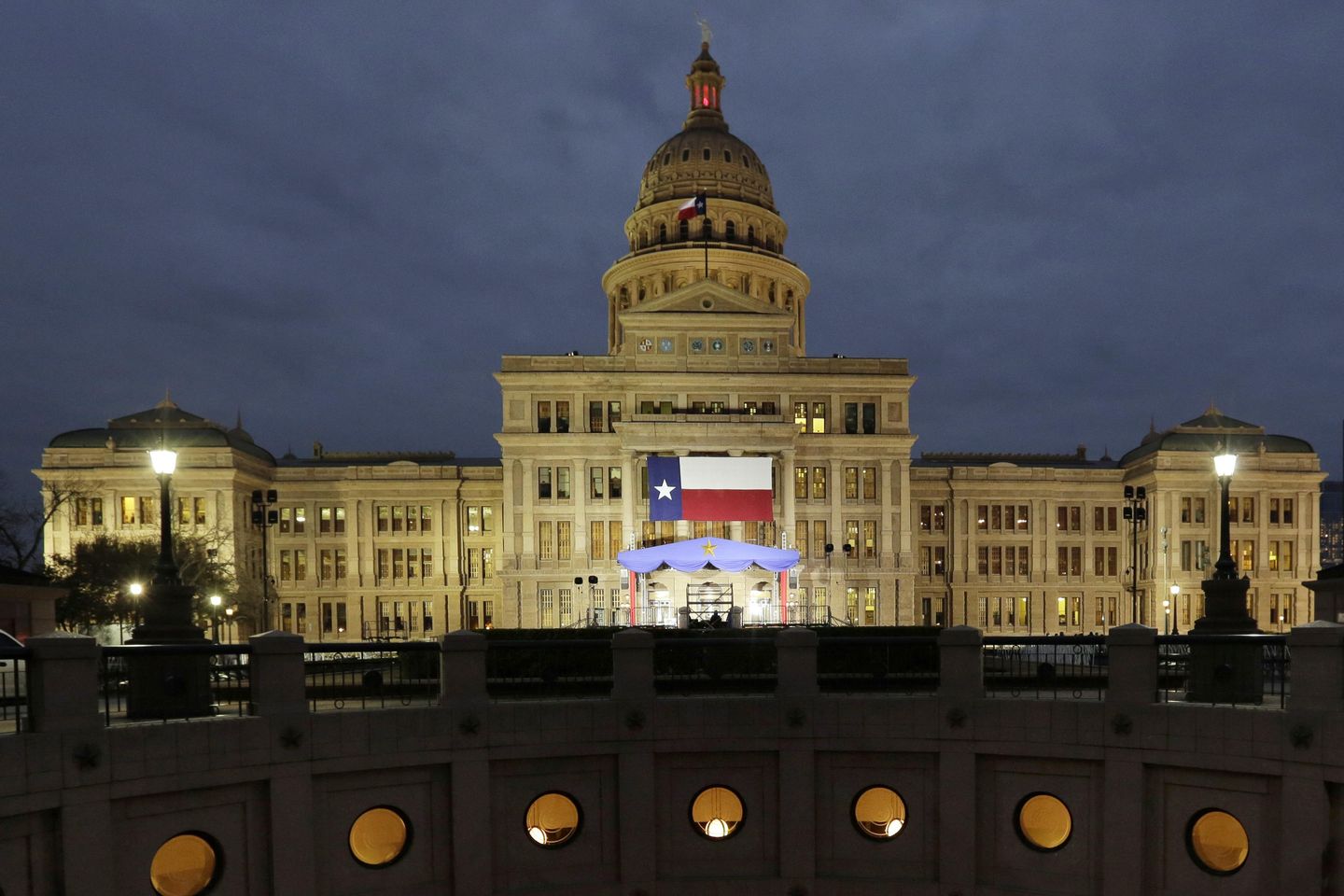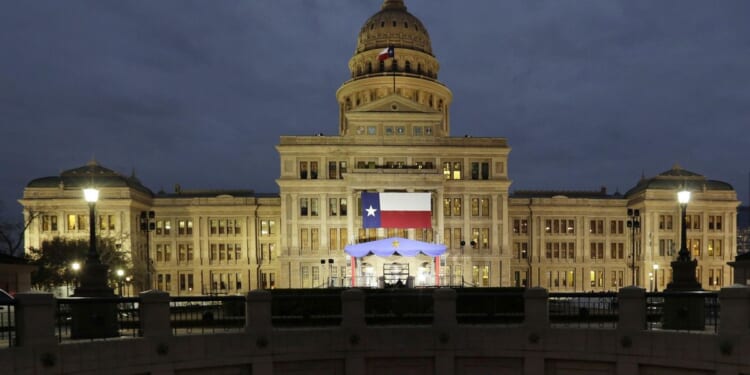
The Supreme Court refused Tuesday to block a lower court order siding with Texas over its law aimed at requiring age verification to view pornographic websites.
Lawyers representing the Free Speech Coalition had asked the high court to halt the 5th U.S. Circuit Court of Appeal’s judgment that sided with Texas while an appeal was sought.
The justices, without comment, declined to do so.
The group had argued the law ran afoul of the First Amendment, and a district court judge had recognized the legislation was not narrowly tailored enough to meet the government’s goal.
The challengers say the age verification process infringes on adult use of porn sites and requires individuals to enter too much personal information.
“Age verification online, particularly as compelled by the Act, differs from age verification in person. Requiring adults to submit information over the Internet to ‘affirmatively identify themselves,’ often through ‘government ID,’ deters adults because of the documented ‘risk of inadvertent disclosures, leaks or hacks,’” they wrote in their petition.
At issue is Texas House Bill 1181, which required pornographic companies to have age verification to access their sites. The mission was to deter the flow of adult images and materials to minors.
“This statute does not prohibit the performance, production or even sale of pornography but, more modestly, simply requires the pornography industry that make billions of dollars from peddling smut to take commercially reasonable steps to ensure that those who access the material are adults. There is nothing unconstitutional about it,” Texas Attorney General Ken Paxton wrote in his filing.
If in violation of the state’s requirement, a company could face civil fines of more than $10,000.












